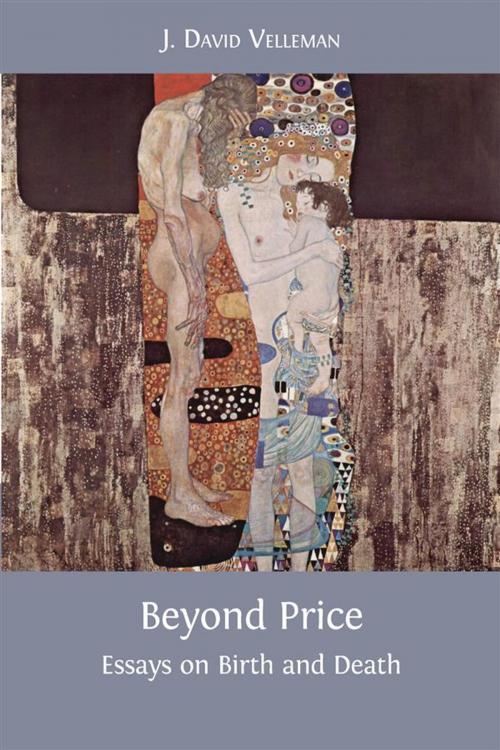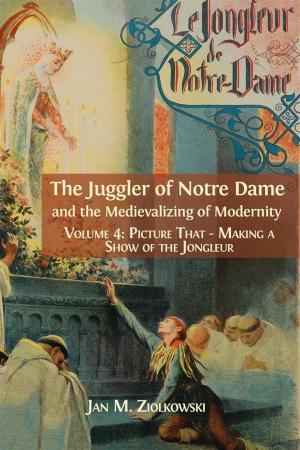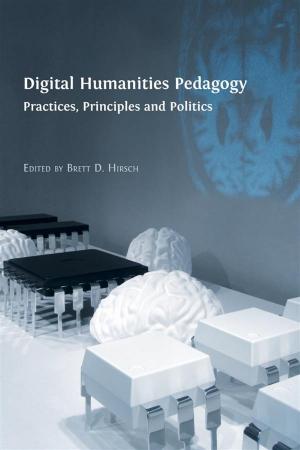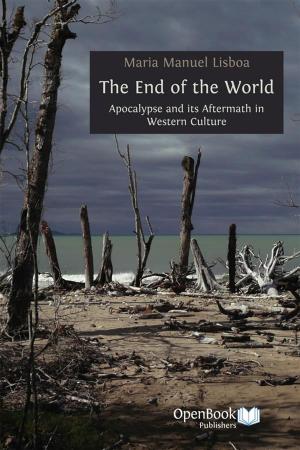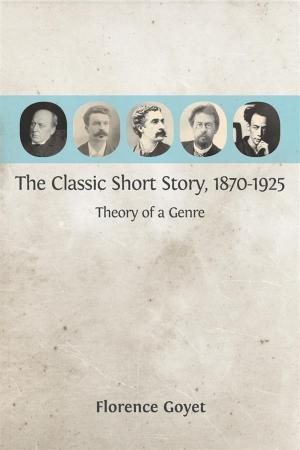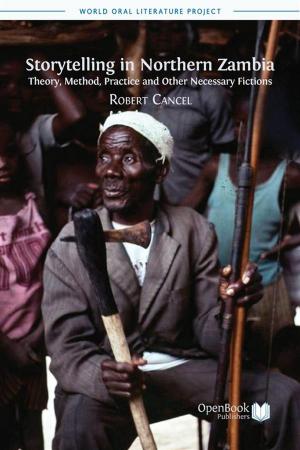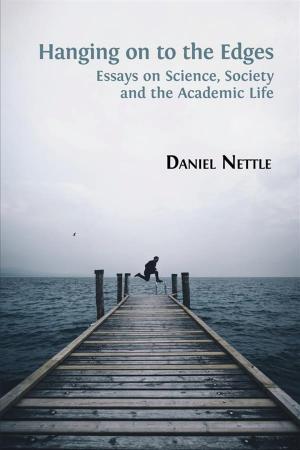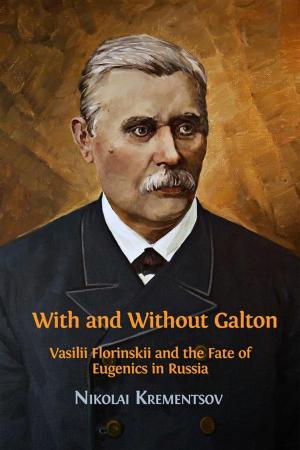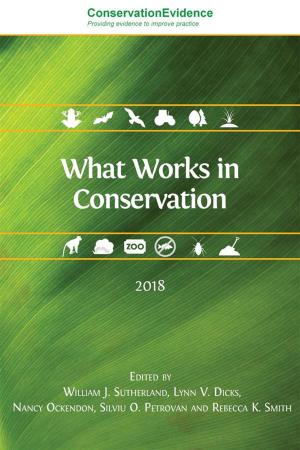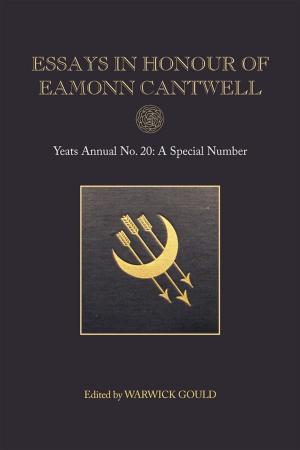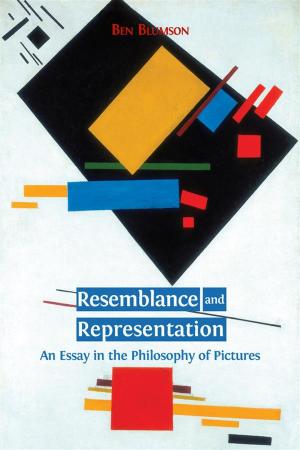Beyond Price
Essays on Birth and Death
Nonfiction, Health & Well Being, Medical, Reference, Ethics, Religion & Spirituality, Philosophy, Ethics & Moral Philosophy| Author: | J. David Velleman | ISBN: | 9781783741700 |
| Publisher: | Open Book Publishers | Publication: | October 16, 2015 |
| Imprint: | Language: | English |
| Author: | J. David Velleman |
| ISBN: | 9781783741700 |
| Publisher: | Open Book Publishers |
| Publication: | October 16, 2015 |
| Imprint: | |
| Language: | English |
In nine lively essays, bioethicist J. David Velleman challenges the prevailing consensus about assisted suicide and reproductive technology, articulating an original approach to the ethics of creating and ending human lives. He argues that assistance in dying is appropriate only at the point where talk of suicide is not, and he raises moral objections to anonymous donor conception. In their place, Velleman champions a morality of valuing personhood over happiness in making end-of-life decisions, and respecting the personhood of future children in making decisions about procreation. These controversial views are defended with philosophical rigor while remaining accessible to the general reader. Written over Velleman's 30 years of undergraduate teaching in bioethics, the essays have never before been collected and made available to a non-academic audience. They will open new lines of debate on issues of intense public interest.
In nine lively essays, bioethicist J. David Velleman challenges the prevailing consensus about assisted suicide and reproductive technology, articulating an original approach to the ethics of creating and ending human lives. He argues that assistance in dying is appropriate only at the point where talk of suicide is not, and he raises moral objections to anonymous donor conception. In their place, Velleman champions a morality of valuing personhood over happiness in making end-of-life decisions, and respecting the personhood of future children in making decisions about procreation. These controversial views are defended with philosophical rigor while remaining accessible to the general reader. Written over Velleman's 30 years of undergraduate teaching in bioethics, the essays have never before been collected and made available to a non-academic audience. They will open new lines of debate on issues of intense public interest.
